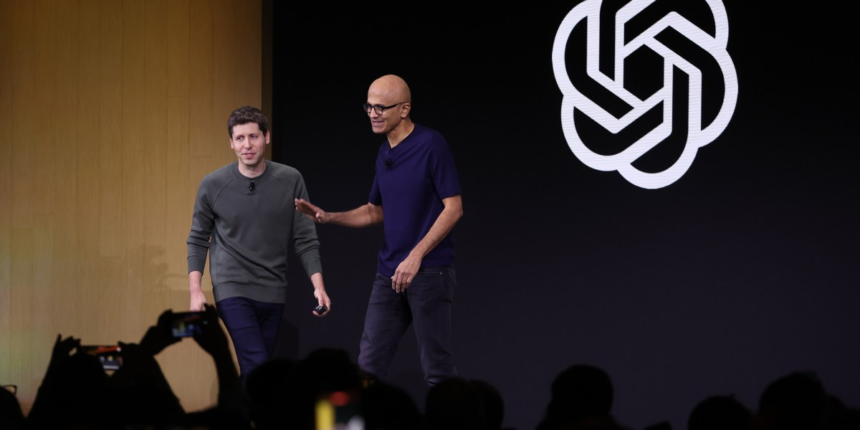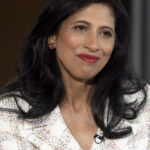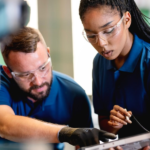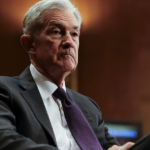Hello and welcome to Eye on AI…In this edition: OpenAI’s new deal with Microsoft…Elon Musk launches Grokipedia…data engineers struggle with AI workloads...and are AI browsers a security risk?
The deal also lets Microsoft pursue AGI independently, or with third parties, while still requiring OpenAI to share many of its research techniques and breakthroughs. Under the new deal, Microsoft retains access to much of OpenAI’s underlying research methods and systems, although the company will not have access to OpenAI’s consumer hardware, or the model weights and core architectural details of any models considered “research.” (It will retain rights to these key technical details for OpenAI’s production models until 2032.)
Still, this gives Microsoft visibility into things like OpenAI’s model training infrastructure and optimization methods, along with the opportunity to take what it’s learned from OpenAI’s research methods and apply that knowledge to develop its own AGI models. Potentially complicating this further is Microsoft’s expanding partnership with Anthropic, with Claude now available in Microsoft 365 and Excel.
Microsoft did give up its cloud exclusivity with OpenAI, which technology analyst Zeus Kerravala called a “major concession on its part.” However, he also noted that the company had secured several critical, structural concessions from OpenAI in return that outweighed this.
“These concessions ensure the longevity and value of Microsoft’s investment,” he told Fortune. “Essentially, Microsoft traded cloud compute exclusivity, something it was struggling to meet anyway, for technological certainty and long-term IP access.”
Investors seemed to agree as the company’s stock rose 2%, pushing its market valuation past the $4 trillion mark again the day before the company reports its Q3 earnings.
For its part, OpenAI will now have access to the full funding promised by investors, including SoftBank, Thrive, and other venture capital firms that had been contingent on the restructure. The move also positions OpenAI to raise additional capital more easily in the future.
The Attorney General of California, Rob Bonta, told Fortune in a statement that it had “secured concessions that ensure charitable assets are used for their intended purpose, safety will be prioritized, as well as a commitment that OpenAI will remain right here in California.” As a result, Bonta said his office would “not be in court opposing OpenAI’s recapitalization plan.”
This is a blow for several nonprofits that have been campaigning against the restructuring, arguing that OpenAI had drifted from its core mission of developing AGI in a way that “benefitted all humanity” and that it had prioritized shipping products over AI safety.
These non-profit groups had been lobbying the Attorney Generals’ offices to block the deal. Advocacy groups, nonprofits, and some former OpenAI employees, as well as OpenAI co-founder-turned-bitter-commercial-rival Elon Musk, have openly opposed the restructuring on various ground. Musk has argued that the move is evidence that OpenAI CEO Sam Altman and cofounder Greg Brockman deceived him when he made the initial multi-million dollar donations that established the lab. Others have argued that the restructuring risks channeling profits that should have had a charitable public purpose into the pockets of OpenAI’s venture investors, cofounders, and employees.
OpenAI has tried to dampen some of these objections by pledging that its non-profit OpenAI Foundation will make large grants for charitable purposes, including a just-announced $25 billion commitment to projects that aim to improve health and cure diseases or that aim to increase societal resilience to some of the disruptions AI is likely to cause, including potential widespread job loss.
Nonetheless, with regulatory approval secured and Microsoft’s concerns addressed, OpenAI finally has its for-profit structure—and billions of dollars in capital. And Microsoft keeps most of what it found valuable in the OpenAI partnership, while securing a big equity stake that could prove a windfall for its own shareholders.
With that, here’s more AI news.
Beatrice Nolan









